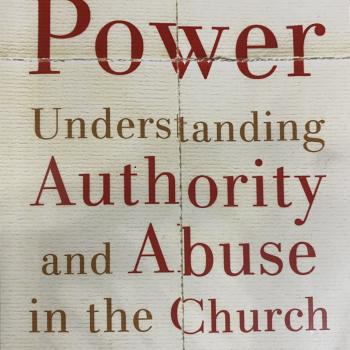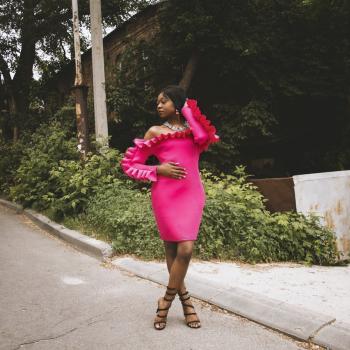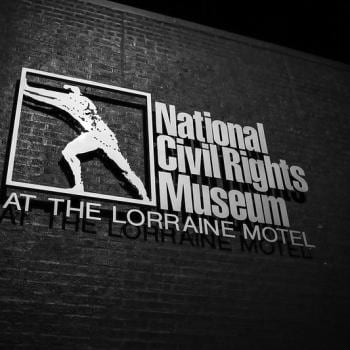Seek to Empathize
I have checked in on all of my friends of color at least once over the past few days. Every single one of them has expressed grief, disbelief, and an inability to process their emotions fully. Two of them told me they would like to talk through some of their experiences when “things calm down.” One of them felt encouraged as she saw a “Black Lives Matter” sign on her morning walk. Thirty minutes later, when she passed it again, someone had torn it down.
Please hear me. If you are white, you are observing the effects of racial injustice.
If you are black, you are living it.
I can say with confidence that most (if not all) of my white friends are offended and deeply angered by the events surrounding the recent deaths of George Floyd, Ahmaud Arbery, Breonna Taylor, and countless others. But our distress is not further shadowed by a lifetime of racially-charged experiences.
How Can We Help?
Refrain from asking your friends of color to educate you. Give them the gift of doing the work for yourself and then, when they are ready, ask them if they would like to talk about racism and how it has impacted their lives. Here are things we, as white people, can do right now.
We can read. Robin DiAngelo’s What Does it Mean to Be White: Developing White Racial Literacy and Jemar Tisby’s The Color of Compromise: The Truth About the American Church’s Complacency offer a good starting point.
We can watch. Have you seen Selma? Harriet? Hidden Figures? The Color Purple? Just Mercy is free for the month of June on all digital platforms.
We can listen. Do you have a podcast list? We Talk Different, Code Switch, and Truth’s Table deal with issues of racial injustice and equality on a regular basis.
We can pray. If you are sincere in your desire to grow, ask the Holy Spirit to reveal your blind spots. If you find yourself growing defensive when the topics of white supremacy, white fragility, and white privilege arise, ask yourself why.
We can repent. When the prophet Nathan confronted David over his sin against Bathsheba, the king immediately confessed, fell face down on the ground, and fasted for seven days. “My sacrifice, O God,” he wrote, “is a broken spirit; a broken and contrite heart you, God, will not despise” (Ps. 51:17). Grace flows down for those willing to humble themselves.
We can engage. Join a peaceful protest. Donate to organizations working to bring about racial equality. Join a racial reconciliation group like Be the Bridge. Work to expand your circle. If you have friends of color, ask them to confront you when you unwittingly say something insensitive. Receive their feedback with gratitude and grace.












